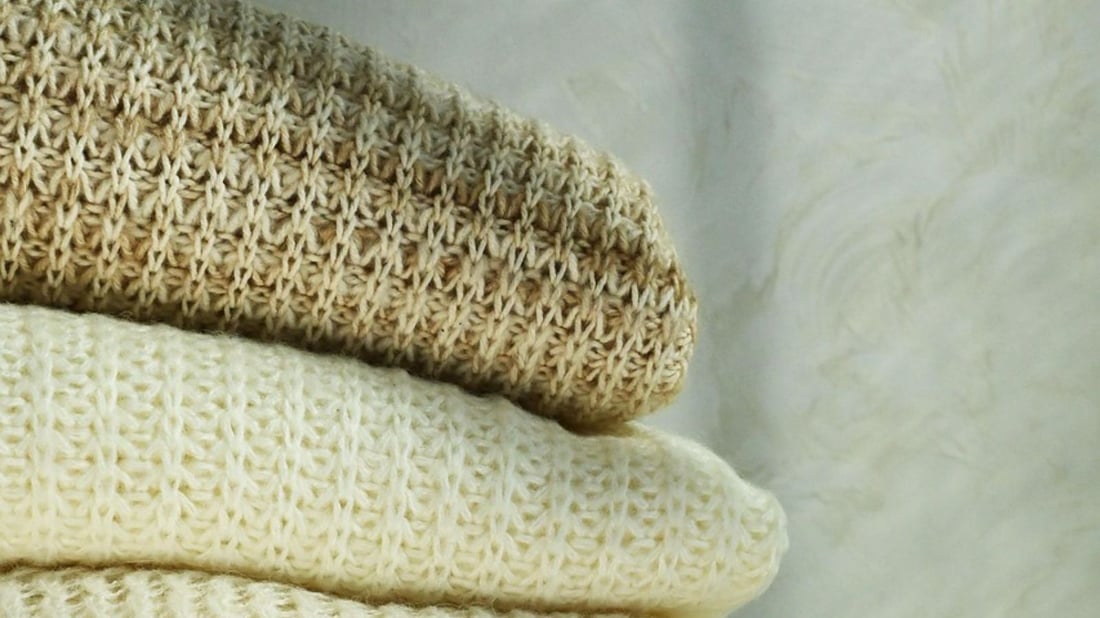Delicate Production Process
Cashmere is a luxury material that comes from the fine undercoat of cashmere goats. The process of collecting, sorting, and processing this delicate fiber is labor-intensive and requires special skills. This meticulous production process contributes to the high cost of 100% cashmere products.
Scarce Resource
Cashmere goats are primarily found in regions such as Mongolia, China, and Iran. The limited geographical distribution of these animals makes cashmere a relatively scarce resource. As a result, the supply of high-quality cashmere is limited, driving up its price.
High-Quality Standards
100% cashmere is known for its superior softness, warmth, and lightweight feel. To maintain these high-quality standards, cashmere products must be made from pure cashmere fibers without any blending with other materials. The purity of cashmere contributes to its exclusivity and price.
Artisan Craftsmanship
The production of 100% cashmere items often involves intricate weaving, knitting, and hand-finishing techniques. Skilled artisans with specialized knowledge and expertise are required to create high-end cashmere products. The craftsmanship and attention to detail involved in making cashmere garments justify their premium pricing.
Longevity and Durability
Despite its delicate appearance, cashmere is a durable and long-lasting material when cared for properly. High-quality cashmere products can retain their shape, softness, and color for many years, making them a worthwhile investment. The longevity and durability of cashmere justify its higher price tag.
Sustainable and Eco-Friendly
Cashmere is a natural fiber that is biodegradable and environmentally friendly. Compared to synthetic materials, cashmere has a lower environmental impact and is often produced using sustainable practices. The eco-friendly nature of cashmere contributes to its premium pricing.
Rigorous Testing and Certification
To ensure the authenticity and quality of 100% cashmere products, many manufacturers subject their items to rigorous testing and certification processes. These certifications guarantee that the cashmere material meets specific standards of purity and performance, adding to its value and cost.
Global Demand for Luxury
As consumers around the world seek premium and luxury products, the demand for high-quality cashmere continues to grow. The global demand for 100% cashmere items, especially in affluent markets, drives up their prices due to the exclusivity and prestige associated with the material.
Ethical Animal Welfare Practices
Responsible cashmere producers prioritize the humane treatment of cashmere goats and adhere to ethical animal welfare practices. By ensuring the well-being and proper care of the animals, these producers uphold industry standards and certifications that validate the ethical sourcing of cashmere fibers.
Fashion and Status Symbol
Cashmere has long been associated with luxury, sophistication, and status. Owning and wearing 100% cashmere garments is often seen as a symbol of wealth and elegance. The fashion appeal and prestigious reputation of cashmere contribute to its allure and higher price point.
Quote Inquiry
Contact us!

